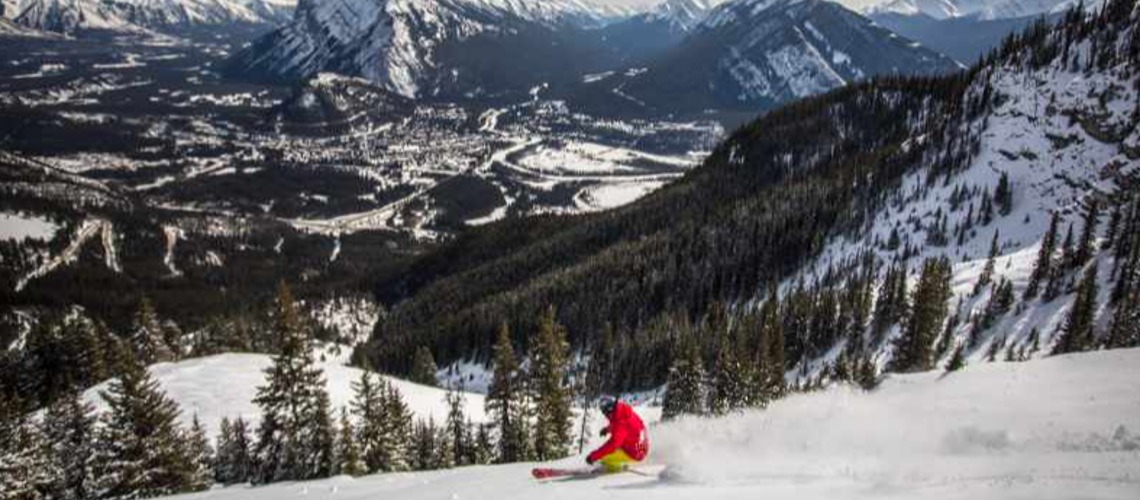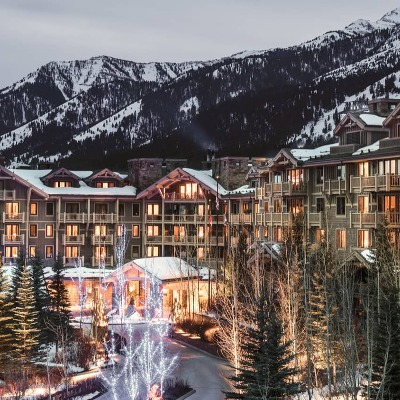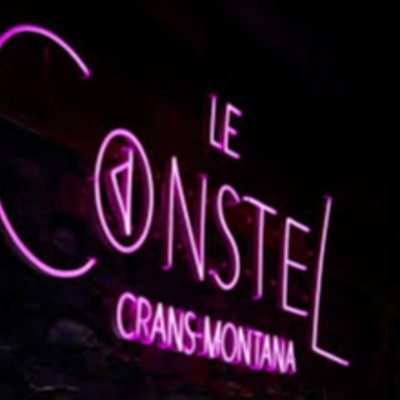Norquay Preparing To Replace North American Chairlift And Lodge

Mount Norquay is planning to replace its North American Chairlift, originally built in 1946, with a twostation gondola running from the main lodge area to the Cliff House restaurant.
The proposed replacement of the outdated chairlift would also tie in the removal of the North American lodge, an expanded and restored Cliff House, relocated and restored ski jumping judging towers, an accessible Via Ferrata route, and an enhanced shuttle system.
The Facilities and Lift Replacement Project aligns with the current Norquay Long Range Plan (2013), conforms to the Norquay Site Guidelines (2011), and supports the Banff National Park Management Plan (2022). The significant upgrade to these out-of-date facilities is part of a larger plan for Banff’s hometown hill, Norquay 100 Vision, which aims to modernize ski and sightseeing opportunities with energy-efficient lifts, integration of new and heritage buildings, and more.
“For nearly 100 years, Norquay has served as Banff’s backyard, an iconic destination for skiers and sightseers, often providing visitors their first introduction to Banff National Park. As we start to look towards our second century of operation, we are putting plans in place to improve the visitor experience and make ourselves more accessible as well as environmentally and economically sustainable,” said Andre Quenneville, General Manager, Mount Norquay.
The initiative will restore sensitive wildlife habitat, decrease Norquay’s built footprint, reduce the potential for human-wildlife conflict, and concentrate visitor services and educational opportunities. An enhanced shuttle system will better manage traffic on the Norquay access road through the Cascade Wildlife Corridor.
Educational opportunities related to the high-alpine environment, skiing and climbing history, and public safety initiatives will be tied into the project. In consultation with Indigenous Peoples, use of Indigenous names for major Norquay components and educational opportunities will be incorporated. The project also includes the world’s first wheelchair accessible via ferrata, a relocated tube park, self guided alpine hikes, and will provide Norquay the ability to fund the replacement of its other existing infrastructure with modern facilities and lifts. It will also level out summer and winter visitation, facilitating a relatively constant level of staffing and mass transit system service on a year-round basis.
“Without this project, Norquay is not economically sustainable because it does not generate enough funds to replace its existing lifts at the end of their life,” said Quenneville. “In every step of our plan, we are taking steps to provide a best-in-class visitor experience with “view from the edge” sightseeing and learning and wellness opportunities while reducing our per visitor environmental impact—by providing a gondola alternative adjacent to the town of Banff, the project will reduce traffic congestion in town, particularly at the Bow River Bridge.”
The key elements of the Facilities and Lift Replacement Project are specified in the Norquay Site Guidelines, approved by Parks Canada in 2011. The project is designed to ensure that Norquay does not exceed its approved capacity and adheres to commercial space limits. It also supports the Banff National Park Management Plan 2022 by conserving natural and cultural heritage, creating true to place experiences, and addressing climate change by reducing congestion in the Town of Banff.














